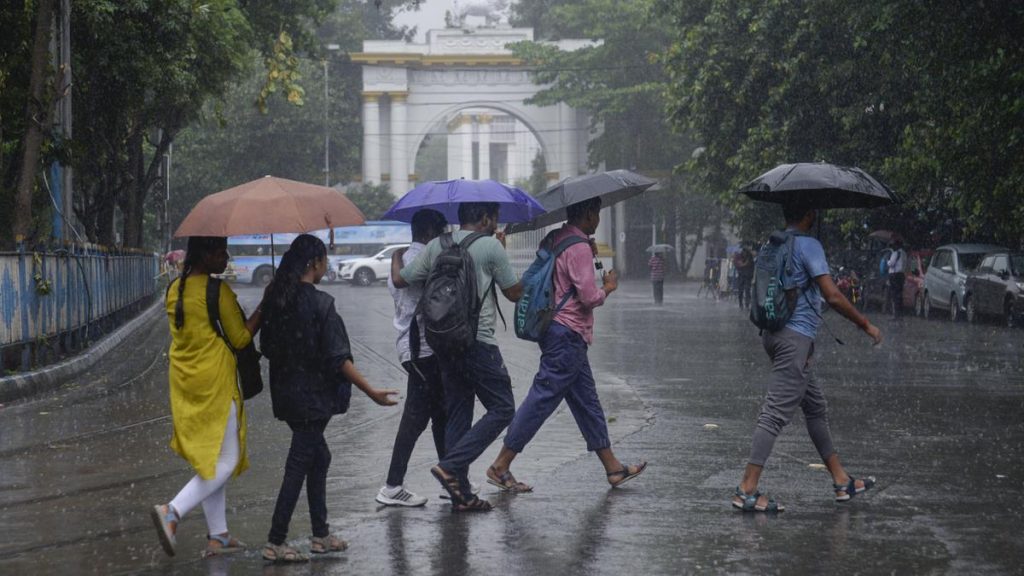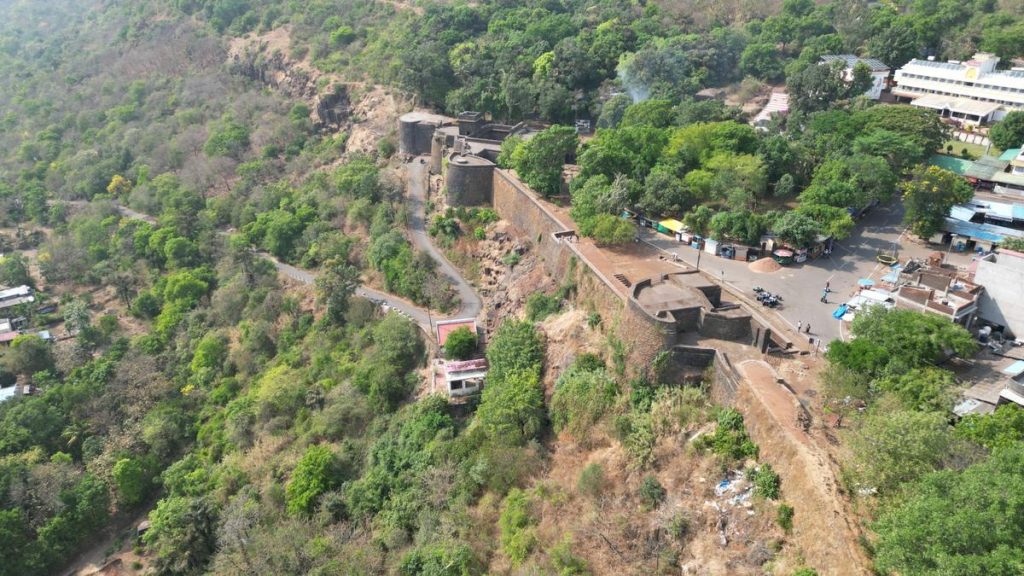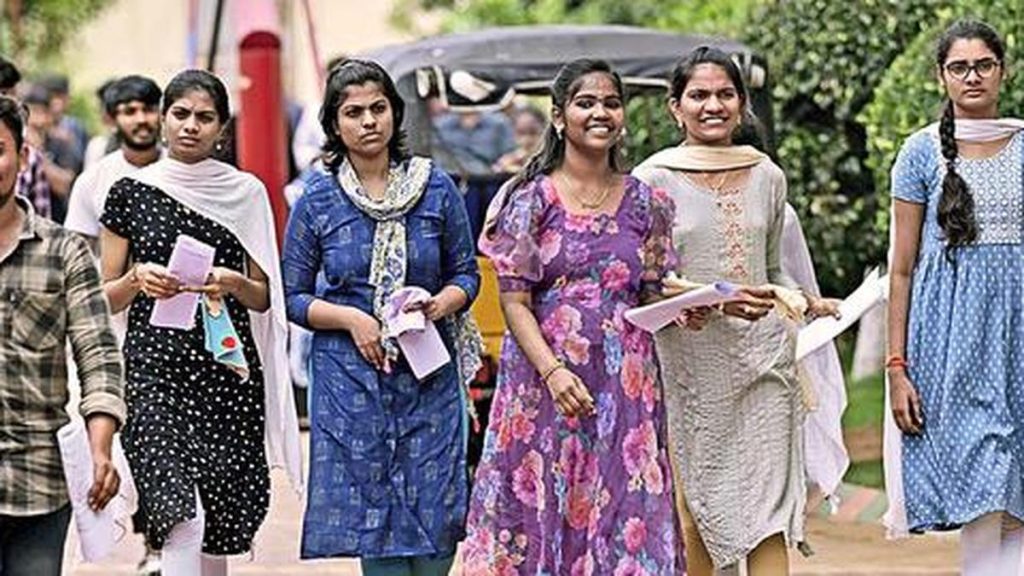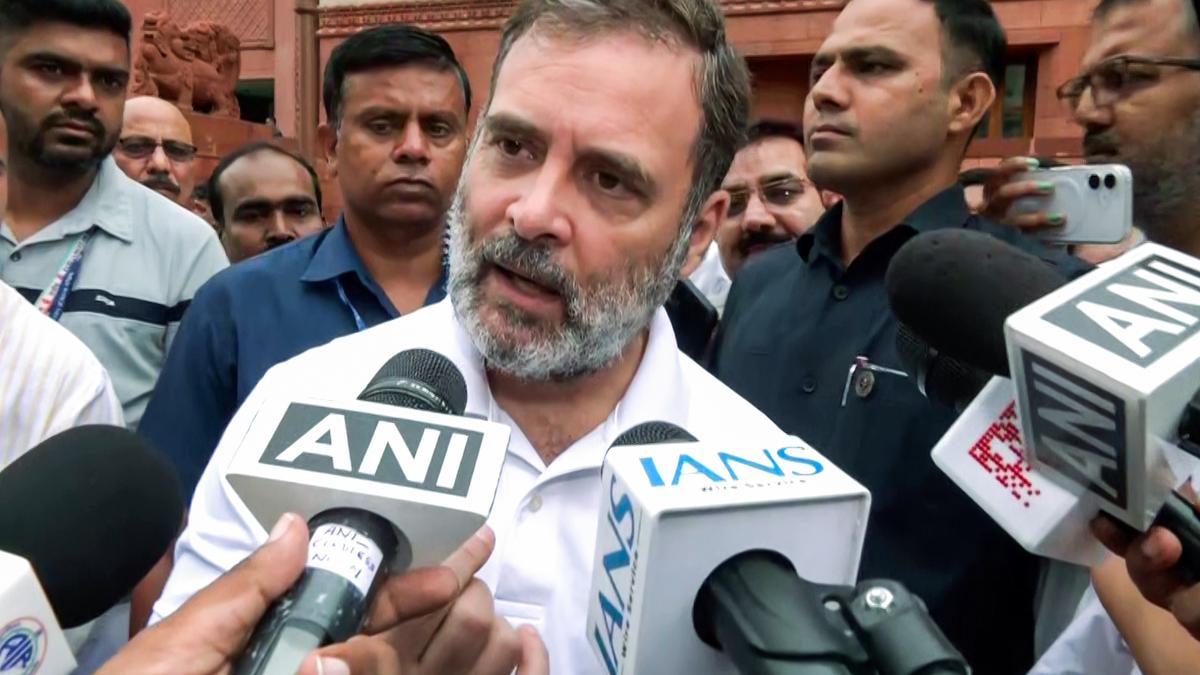Now Reading: Supreme Court to Hear Bengal’s Plea on HC Stay Over New OBC List on July 28
-
01
Supreme Court to Hear Bengal’s Plea on HC Stay Over New OBC List on July 28
Supreme Court to Hear Bengal’s Plea on HC Stay Over New OBC List on July 28
Speedy Summary
- The Supreme Court raised concerns over the Calcutta high Court’s decision too stay West Bengal’s move to finalize a new list of Other Backward classes (OBCs).
- Chief Justice of India B.R. Gavai cited judicial precedents, notably the Indira Sawhney judgment (1992), which allowed classification of backward classes through Executive directions.
- Senior advocate Kapil Sibal mentioned West Bengal was facing contempt proceedings due to the stay and argued legislative backing wasn’t essential for creating an OBC list.
- The case has been scheduled for further hearing on July 28, and the court may pass orders on Monday.
- In March 2025, West Bengal had withdrawn an appeal against a May 2024 High Court judgment that struck down parts of its OBC reservation policy, citing religious criteria used in selection as problematic.
- The May 2024 ruling affected five lakh OBC certificates issued as 2010 and nullified sections providing distribution percentages under sub-classified categories such as OBC-A and OBC-B.
Indian Opinion Analysis
The conflict highlights ongoing challenges in implementing policies aimed at social inclusion within constitutional bounds in India.While the Indira sawhney verdict set foundational principles for identifying backward classes through Executive decisions, any deviation or reliance on religion-based criteria appears constitutionally contentious-a concern underscored by previous rulings like those from may 2024. For states like West Bengal,finding socio-economic data-driven approaches is critical not only for legal compliance but also to avoid undermining trust among affected communities.
The implications reach beyond state politics; any resolution may have broader ramifications for how other states approach updating caste-reservation lists amid shifting demographic realities without bias or overreach into sensitive areas like religion.
For more details: Read More
Images referenced:
!80/OBC-reservationGSQEG82F4.jpg.jpg”>Image

























